Sarah Polley is a multifaceted talent who has made a significant impact in the entertainment world. Known for her early work as a child actress, she later became an acclaimed filmmaker and a vocal advocate for women’s rights. Polley’s career is a testament to the power of storytelling, the importance of personal narrative, and the resilience needed to overcome personal challenges. Through her critically acclaimed films such as Away from Her and Women Talking, Polley has redefined cinema by blending universal themes with deeply personal experiences.
Early Life: A Foundation in Creativity and Challenge
Born on January 8, 1979, in Toronto, Ontario, Sarah Polley was raised in an artistic family. Her mother, Diane Polley, was an actress and casting director, while her father, Michael Polley, was a former actor turned insurance agent. As the youngest of five children, Sarah’s upbringing was marked by creativity and a strong familial connection to the arts. However, her early life was also shaped by personal challenges.
At the age of 11, Sarah experienced the profound loss of her mother to cancer, an event that would deeply influence her approach to storytelling. Later, she discovered that her biological father was Canadian film producer Harry Gulkin, a revelation she explored in her personal documentary, Stories We Tell, where she uncovered family secrets and questioned her own identity. Polley also faced physical challenges, including severe scoliosis, requiring spinal surgery during her teenage years, but she continued to pursue her passion for acting and storytelling.
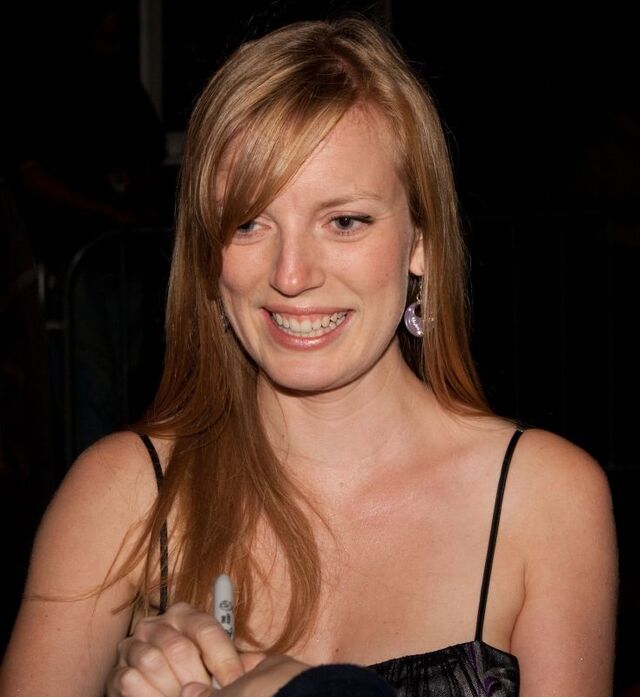
Child Stardom and Acting Career
Sarah Polley’s acting career began at just four years old when she appeared in the film One Magic Christmas. Her breakthrough came with her portrayal of Ramona Quimby in the TV adaptation of Beverly Cleary’s books, followed by her iconic role as Sara Stanley in the beloved CBC series Road to Avonlea. The series earned her international recognition and established her as one of Canada’s most cherished child stars.
Despite her early success, Polley sought to challenge herself with more mature roles. She received critical acclaim for her performance in The Sweet Hereafter (1997), a film directed by Atom Egoyan, and went on to take roles in films such as My Life Without Me (2003) and Dawn of the Dead (2004). These projects showcased her versatility as an actress, transitioning from indie films to mainstream blockbusters.
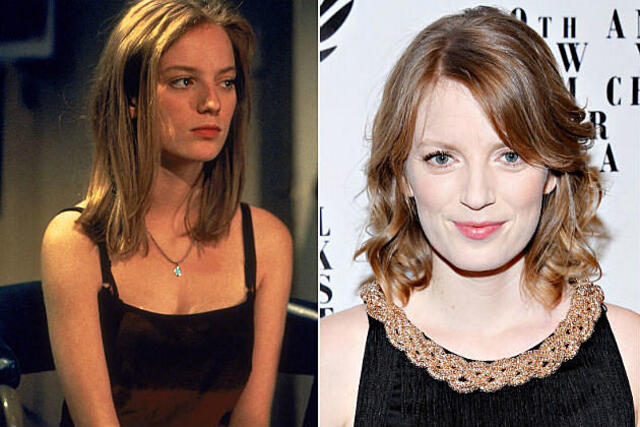
A Visionary Behind the Camera
Directorial Debut: Away from Her
In 2006, Polley took a bold step behind the camera and made her directorial debut with Away from Her, an adaptation of Alice Munro’s short story The Bear Came Over the Mountain. The film, starring Julie Christie, explores themes of love and memory in the face of Alzheimer’s disease. The film was met with critical acclaim, earning Polley an Academy Award nomination for Best Adapted Screenplay and a Genie Award for Best Director.
Exploring New Narratives
Polley continued to push boundaries with her subsequent projects. In 2011, she directed Take This Waltz, a film about love and fidelity, starring Michelle Williams and Seth Rogen. Polley’s third film, Stories We Tell (2012), was a deeply personal documentary about her family, exploring her mother’s life and the secrets that shaped her own identity. This innovative approach to blending documentary and narrative filmmaking was widely praised and marked a significant evolution in Polley’s filmmaking career.
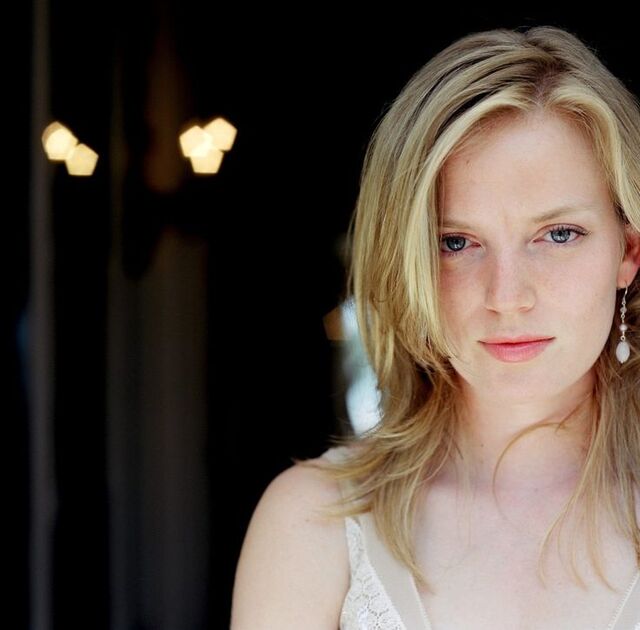
Recent Triumph: Women Talking
In 2022, Polley achieved another major milestone with her film Women Talking, based on the novel by Miriam Toews. The film, which addresses the collective trauma and resilience of women in a Mennonite community, earned Polley the Academy Award for Best Adapted Screenplay. The film’s exploration of themes like solidarity, justice, and empowerment struck a chord with audiences and critics, solidifying Polley’s place as one of the most important voices in contemporary cinema.
Advocacy and Activism
Beyond her filmmaking career, Sarah Polley has used her platform to advocate for women’s rights and representation in the film industry. In 2017, she penned an op-ed for The New York Times where she shared her experiences with gendered power dynamics in Hollywood and explained why she decided to step back from acting. Polley’s commitment to creating more inclusive narratives and advocating for equity has inspired many filmmakers to focus on diverse, authentic stories.
Her advocacy work extends beyond the film industry. At the age of 12, Polley made headlines when she wore a peace sign to protest the Gulf War, challenging Disney executives at an awards ceremony. Over the years, she has been involved with various social justice movements, including the Ontario Coalition Against Poverty, using her voice to support marginalized communities and fight for social change.
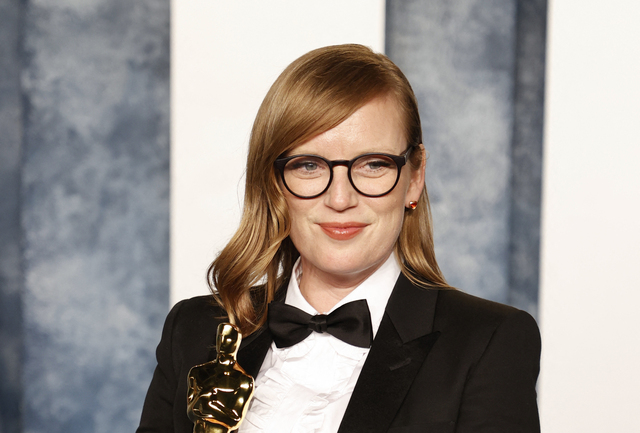
Personal Resilience and Reflections
Polley’s personal life has been marked by both triumphs and challenges. She married Canadian film editor David Wharnsby in 2003, but the couple divorced in 2008. Later, she married lawyer David Sandomierski in 2011, and together they have three children. Polley has spoken candidly about the difficulties of balancing her roles as a filmmaker, activist, and mother. Her personal experiences often inform her work, adding depth and authenticity to her films.
In addition to the challenges of motherhood, Polley has faced significant physical and emotional hardships. A traumatic head injury led to a four-year battle with post-concussion syndrome, which she detailed in her 2022 essay collection Run Towards the Danger. In the collection, Polley reflects on her resilience and the lessons she learned while confronting the complexities of her life and career.
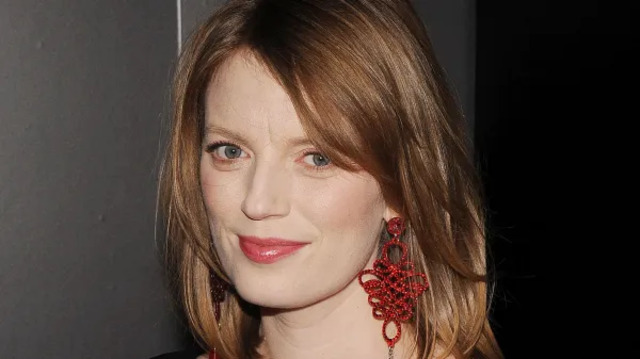
Legacy and Influence
Sarah Polley’s journey from child actress to acclaimed filmmaker and activist is a testament to her creativity, resilience, and dedication to storytelling. Her films, which tackle universal themes through deeply personal narratives, have redefined the boundaries of cinema. As a vocal advocate for equity and diversity, Polley has used her platform to inspire change within the film industry and beyond.
Polley’s legacy is one of courage, authenticity, and a commitment to pushing the limits of storytelling. Her ability to turn personal challenges into powerful, universal narratives has not only enriched the film industry but also inspired a more empathetic view of the world. Through her work, essays, and activism, Polley continues to remind us of the transformative power of stories.
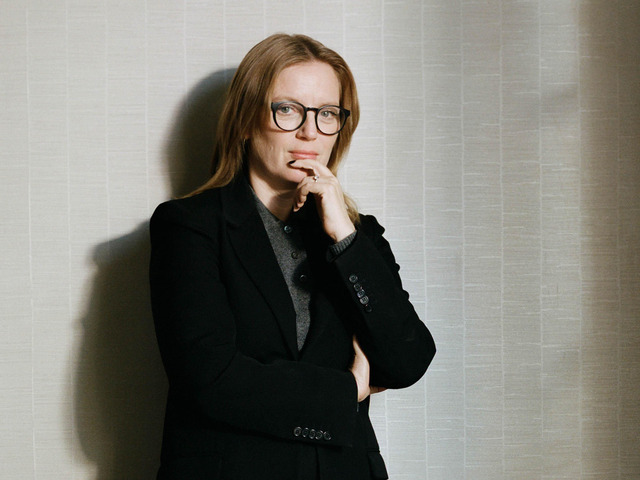
Conclusion
Sarah Polley’s career stands as a shining example of resilience, creativity, and authenticity. From her early days as an actress to her current status as an acclaimed filmmaker and advocate for social justice, Polley has consistently challenged the conventions of storytelling. Her ability to transform personal struggles into universal narratives has enriched the film industry and influenced audiences worldwide. As she continues to create and advocate for social change, Sarah Polley’s impact on both cinema and society will remain profound and enduring.




